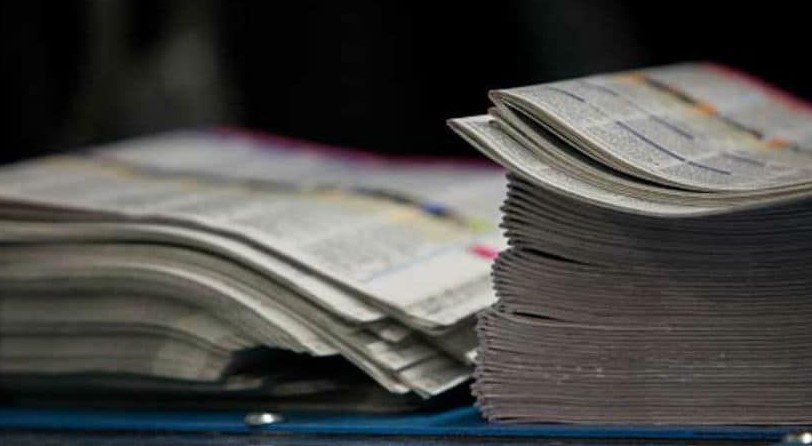Murdoch Closes 112 Australia Print Papers In Major Digital Shift
LAHORE MIRROR (Monitoring Desk)– Rupert Murdoch’s newspaper business in Australia has said more than 100 of its newspapers will become digital-only or disappear entirely.
From next month it will make 76 regional and local papers online-only and close another 36 altogether.
News Corp Australia said the move will mean job losses but did not say how many roles would be cut.
The coronavirus lockdown has hit advertising revenues, accelerating a downturn in the nation’s media sector.
The executive chairman of the News Corp operation, Michael Miller, highlighted how the pandemic had hit business: “Covid-19 has impacted the sustainability of community and regional publishing.
“Consequently, to meet these changing trends, we are reshaping News Corp Australia to focus on where consumers and businesses are moving and to strengthen our position as Australia’s leading digital news media company.”
Under the plan, News Corp’s major daily newspapers, including the Herald Sun and The Daily Telegraph, will become more state focused, drawing content from regional and community journalists.
More closures
Larger regional papers, such as the Hobart Mercury or NT News, will continue to be published in their print form.
The roots of Mr Murdoch’s global empire are in Australian newspapers. But like much of the rest of the world, Australia’s traditional media industry has come under under intense pressure in recent years as advertisers turn to internet giants such as Facebook and Alphabet’s Google.
Several media companies in the country have already made cuts or shut down completely during the pandemic, with the latest including Buzzfeed Australia and 10 Daily, a news website of ViacomCBS-owned broadcaster Ten Network.
Earlier this year the Australian Associated Press, a newswire which was part-owned by News Corp, announced its closure after 85 years.
News Corp has been leading an ongoing campaign to make online firms pay for the Australian content they share.
SOURCE: BBC NEWS

